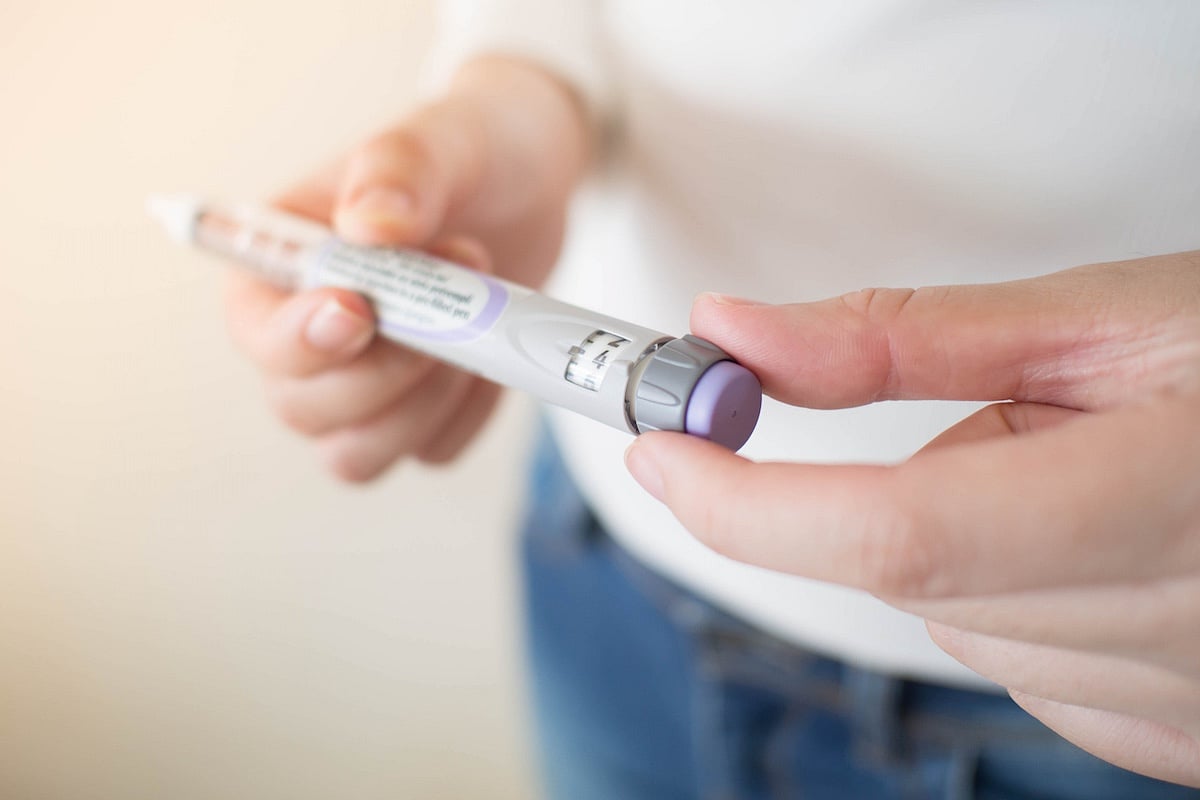Get Healthy!

- I. Edwards
- Posted June 24, 2025
Stem Cell Treatment May Free Some With Type 1 Diabetes From Insulin
A single infusion of a new stem cell-based treatment may have helped 10 out of 12 people with severe type 1 diabetes stop using insulin, researchers report.
The treatment, called zimislecel, was made by Vertex Pharmaceuticals. It’s an infusion of lab-grown islet cells — special cells that help regulate blood sugar, according to The New York Times.
A year after getting the therapy, 10 patients no longer needed insulin shots. The other two were able to reduce how much insulin they needed, researchers said.
“It’s trailblazing work,” said Dr. Mark Anderson, director of the diabetes center at the University of California, San Francisco, who was not involved in the study. “Being free of insulin is life changing.”
The findings were presented Friday at the American Diabetes Association’s annual meeting in Chicago and published in The New England Journal of Medicine.
The new treatment uses stem cells that are turned into islet cells in a lab. These cells, which regulate blood sugar, are then infused into the patient, where they settle in the liver and begin making the hormone insulin.
The goal is to replace the damaged islet cells that are lost in type 1 diabetes.
About 2 million Americans have type 1 diabetes. Unlike type 2 diabetes, which often develops later in life, type 1 usually starts in childhood or young adulthood.
Type 1 diabetes happens when the immune system mistakenly destroys islet cells in the pancreas. Without those cells, the body can’t make insulin, and patients must take it daily.
This study focused on people with a severe complication of type 1 diabetes called hypoglycemic unawareness. These patients can’t tell when their blood sugar is dangerously low.
They often miss warning signs like sweating or shakiness — and may faint or have seizures as a result.
It’s a frightening way of life, Dr. Trevor Reichman, the study’s lead author and director of the pancreas and islet transplant program at University Health Network in Toronto, told The Times.
“You worry all day every day where your glucose is and what you eat and when you exercise,” he added.
Within months of getting the treatment, patients began needing less insulin. Most were completely off the hormone by six months.
Even better, episodes of dangerously low blood sugar stopped within the first 90 days, Reichman added.
This potential breakthrough is the result of more than 25 years of research.
Doug Melton, a Harvard University scientist, began the work after his children were diagnosed with type 1 diabetes.
He and his team spent years testing ways to turn stem cells into islet cells. He estimates that Harvard and others spent at least $50 million on the research.
“The fact that it worked at all is just freaking amazing to me,” he said. “I can guarantee there were a thousand negative experiments for every positive one.”
Melton eventually joined Vertex to bring the therapy into clinical trials.
The first person to receive the treatment, Brian Shelton, no longer needed insulin afterward. He died soon after the trial due to what Vertex described as symptoms of dementia that started before the trial began.
The treatment requires patients to take immunosuppressive drugs, which may raise the risk of infections or cancer in the long run, experts said.
“The argument is this immunosuppression is not as dangerous as what we typically use for kidneys, hearts and lungs, but we won’t know that definitely for many years,” said Dr. Irl Hirsch, a diabetes expert at the University of Washington.
Vertex has not released the cost of the treatment, as it hasn’t been approved by the U.S. Food and Drug Administration (FDA).
But, “for the short term, this looks promising for severely affected patients like those in the study,” Hirsch added.
One patient in the trial, Amanda Smith, a 36-year-old nurse in Canada, no longer needed insulin just six months after getting the treatment.
“It’s like a whole new life,” she told The Times.
More information
The Mayo Clinic has more on using insulin to manage blood sugar.
SOURCE: The New York Times, June 20, 2025






